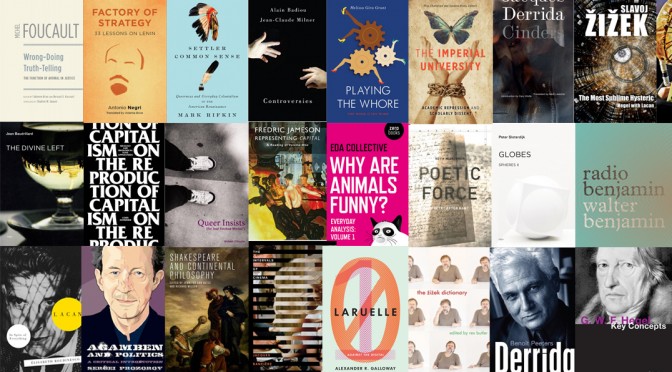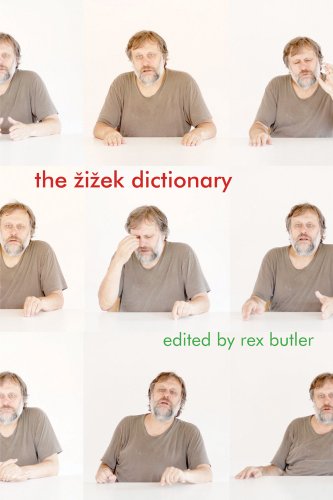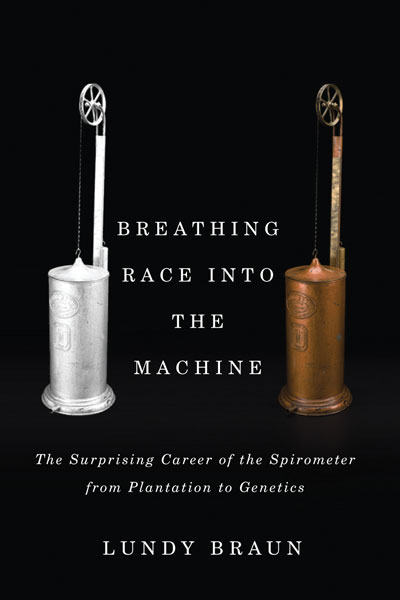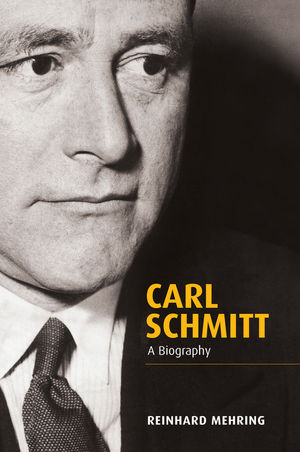#81 The Zizek Dictionary
Edited by Rex Butler
“Slavoj Žižek is the most popular and discussed philosopher in the world today. His prolific writings – across philosophy, psychoanalysis, political and social theory, film, music and religion – always engage and provoke. The power of his ideas, the breadth of his references, his capacity for playfulness and confrontation, his willingness to change his mind and his refusal fundamentally to alter his argument – all have worked to build an extraordinary international readership as well as to elicit much critical reaction. The Žižek Dictionary brings together leading Žižek commentators from across the world to present a companion and guide to Žižekian thought. Each of the 60 short essays examines a key term and, crucially, explores its development across Žižek’s work and how it fits in with other concepts and concerns. The dictionary will prove invaluable both to readers coming to Žižek for the first time and to those already embarked on the Žižekian journey.”
Buy it here.
#82 Breathing Race into the Machine
By Lundy Braun
“In the antebellum South, plantation physicians used a new medical device—the spirometer—to show that lung volume and therefore vital capacity were supposedly less in black slaves than in white citizens. At the end of the Civil War, a large study of racial difference employing the spirometer appeared to confirm the finding, which was then applied to argue that slaves were unfit for freedom. What is astonishing is that this example of racial thinking is anything but a historical relic.
In Breathing Race into the Machine, science studies scholar Lundy Braun traces the little-known history of the spirometer to reveal the social and scientific processes by which medical instruments have worked to naturalize racial and ethnic differences, from Victorian Britain to today. Routinely a factor in in clinical diagnoses, preemployment physicals, and disability estimates, spirometers are often “race corrected,” typically reducing normal values for African Americans by 15 percent.
An unsettling account of the pernicious effects of racial thinking that divides people along genetic lines, Breathing Race into the Machine helps us understand how race enters into science and shapes medical research and practice.”
Buy it here.
#83 Liberalism: A Counter-History
By Domenico Losurdo
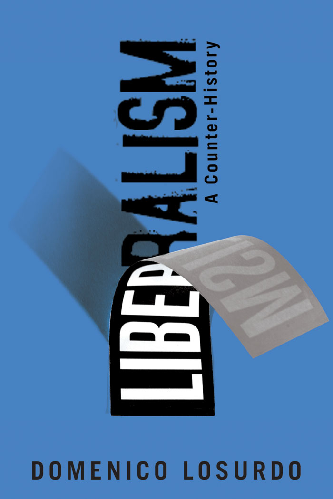
“In this definitive historical investigation, Italian author and philosopher Domenico Losurdo argues that from the outset liberalism, as a philosophical position and ideology, has been bound up with the most illiberal of policies: slavery, colonialism, genocide, racism and snobbery.
Narrating an intellectual history running from the eighteenth through to the twentieth centuries, Losurdo examines the thought of preeminent liberal writers such as Locke, Burke, Tocqueville, Constant, Bentham, and Sieyès, revealing the inner contradictions of an intellectual position that has exercised a formative influence on today’s politics. Among the dominant strains of liberalism, he discerns the counter-currents of more radical positions, lost in the constitution of the modern world order.”
Buy it here.
#84 The Intelligence of a Machine
By Jean Epstein
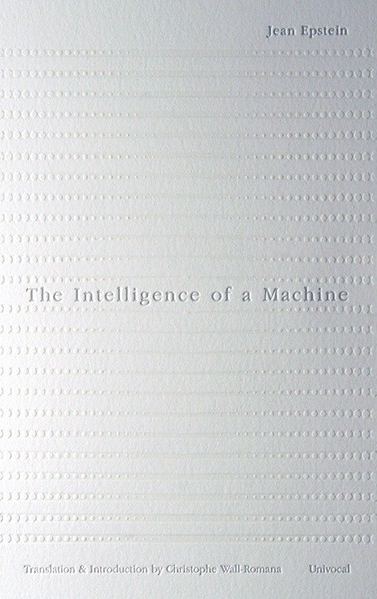
“The advent of the cinema radically altered our understanding of time, space, and reality. With his experience as a pioneering avant-garde filmmaker, Jean Epstein uses the universes created by the cinematograph to deconstruct our understanding of how time and space, reality and unreality, continuity and discontinuity, determinism and randomness function both inside and outside of the cinema. Time, he says, should be regarded as the first, and not the fourth, dimension — and the cinematograph allows us, for the first time, to manipulate it in directions and speeds of our choosing.
The theoretical work of Jean Epstein greatly influenced later generations of cinema philosophers, notably Gilles Deleuze and Jacques Rancière, but the bulk of his work remains unpublished. The Intelligence of a Machine, his first major title published in English, is one of the earliest philosophies of cinema.”
Buy it here.
#85 Anxiety
Jacques Lacan
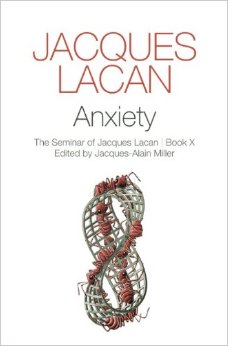
“In what was to be the last of his year-long seminars at Saint-Anne hospital, Lacan’s 1962-63 lessons form the keystone to this classic phase of his teaching. Here we meet for the first time the notorious a in its oral, anal, scopic and vociferated guises, alongside Lacan’s exploration of the question of the ‘analyst’s desire’. Arriving at these concepts from a multitude of angles, Lacan leads his audience with great care through a range of recurring themes such as anxiety between jouissance and desire, counter-transference and interpretation, and the fantasy and its frame.
This important volume, which forms Book X of The Seminar of Jacques Lacan, will be of great interest to students and practitioners of psychoanalysis and to students and scholars throughout the humanities and social sciences, from literature and critical theory to sociology, psychology and gender studies.”
Buy it here.
#86 Trouble in Paradise
Slavoj Zizek
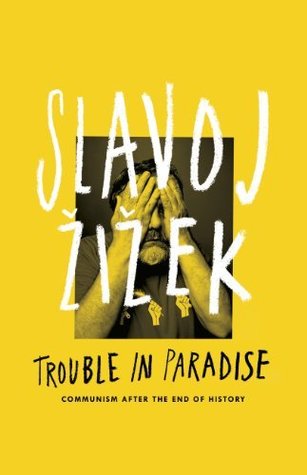
“In Trouble in Paradise, Slavoj Zizek, one of our most famous, most combative philosophers, explains how by drawing on the ideas of communism, we can find a way out of the crisis of capitalism. There is obviously trouble in the global capitalist paradise. But why do we find it so difficult to imagine a way out of the crisis we’re in? It is as if the trouble feeds on itself: the march of capitalism has become inexorable, the only game in town. Setting out to diagnose the condition of global capitalism, the ideological constraints we are faced with in our daily lives, and the bleak future promised by this system, Slavoj Zizek explores the possibilities – and the traps – of new emancipatory struggles. Drawing insights from phenomena as diverse as Gangnam Style to Marx, The Dark Knight to Thatcher, Trouble in Paradise is an incisive dissection of the world we inhabit, and the new order to come.”
Buy it here.
#87 Carl Schmitt: A Biography
By Reinhard Mehring
“Carl Schmitt is one of the most widely read and influential German thinkers of the twentieth century. His fundamental works on friend and enemy, legality and legitimacy, dictatorship, political theology and the concept of the political are read today with great interest by everyone from conservative Catholic theologians to radical political thinkers on the left.
In his private life, however, Schmitt was haunted by the demons of his wild anti-Semitism, his self-destructive and compulsive sexuality and his deep-seated resentment against the complacency of bourgeois life. As a young man from a modest background, full of social envy, he succeeded in making his way to the top of the academic discipline of law in Germany through his exceptional intellectual prowess. And yet he never felt at home in the academic establishment and among those of high social standing.”
Buy it here.
#88 Derrida: A Biography
By Benoit Peeters
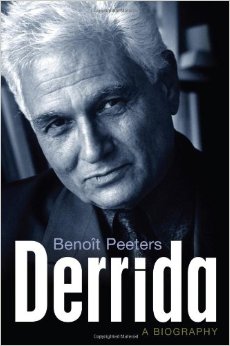
“This biography of Jacques Derrida (1930–2004) tells the story of a Jewish boy from Algiers, excluded from school at the age of twelve, who went on to become the most widely translated French philosopher in the world – a vulnerable, tormented man who, throughout his life, continued to see himself as unwelcome in the French university system.
In writing this compelling and authoritative biography, Benoît Peeters talked to over a hundred individuals who knew and worked with Derrida. He is also the first person to make use of the huge personal archive built up by Derrida throughout his life and of his extensive correspondence. Peeters’ book gives us a new and deeper understanding of the man who will perhaps be seen as the major philosopher of the second half of the twentieth century.”
Buy it here.

